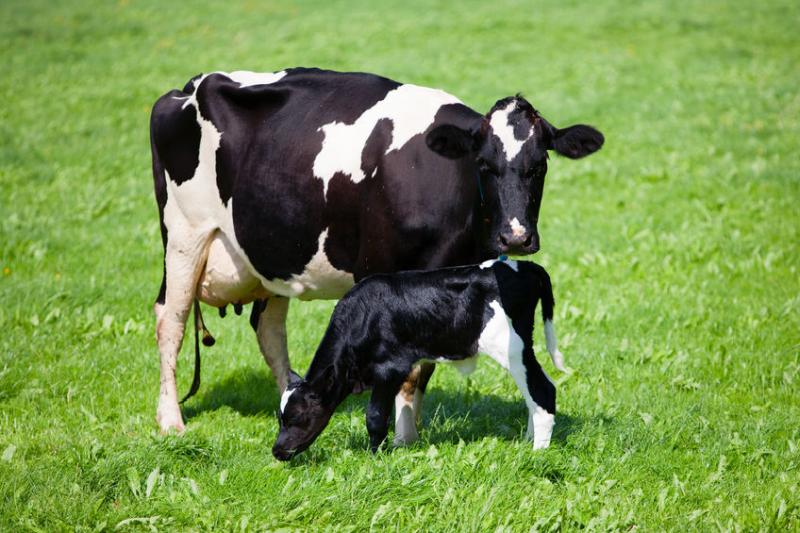
Arla has introduced a new policy which says that that no calf will be slaughtered or euthanised within the first eight weeks of life, allowing all calves not entering the dairy chain to be reared as beef cattle.
The dairy co-operative's policy will come into effect after 31 December 2020.
The eight week period will allow calf rearing to the best standards to increase selling options, it says.
With a variety of farm set ups, there is no requirement that farmers rear all calves on site.
However, it will be their responsibility to ensure they are not slaughtered or euthanised in this period, the dairy firm adds.
After initiating industry and Defra discussions on how to help support farmers with the move, the co-op is now asking companies and experts driving innovation through the sector to help farmers with the more challenging aspects of the policy.
Graham Wilkinson, agriculture director at Arla Foods UK, said: “As an industry we need to find the solutions and create a better market to ensure every calf’s life has a value.
“Many farmers have already shown that good breeding practices, identifying new supply chains and evolving calf care can significantly increase the market opportunities for their calves.
“Those who are yet to find a solution might be helped by new innovations launched or being developed in the sector, we’re keen to hear from companies who fit this bill.”
Arla said it is particularly interested in hearing from companies innovating in calf health, housing or nutrition.
The dairy company added that it will focus its search on innovations that can help those who will need to meet the policy under more challenging circumstances.
This includes farms under TB restrictions or those with calves born from smaller stature cows.
Trials have been carried out with two major genetic suppliers to also look at reducing the number of pure bred male dairy calves born every year through a breeding strategy maximising the use of sexed and beef semen.
Mr Wilkinson said: “We’re encouraged by the support already shown and hope that by seeking wider expertise and knowledge we can evolve the way we work together across agriculture industries.
“With 30% of UK beef being imported, working across the supply chain and across both beef and dairy in this way could also prove a big step in making Britain further self-sufficient in beef.”
